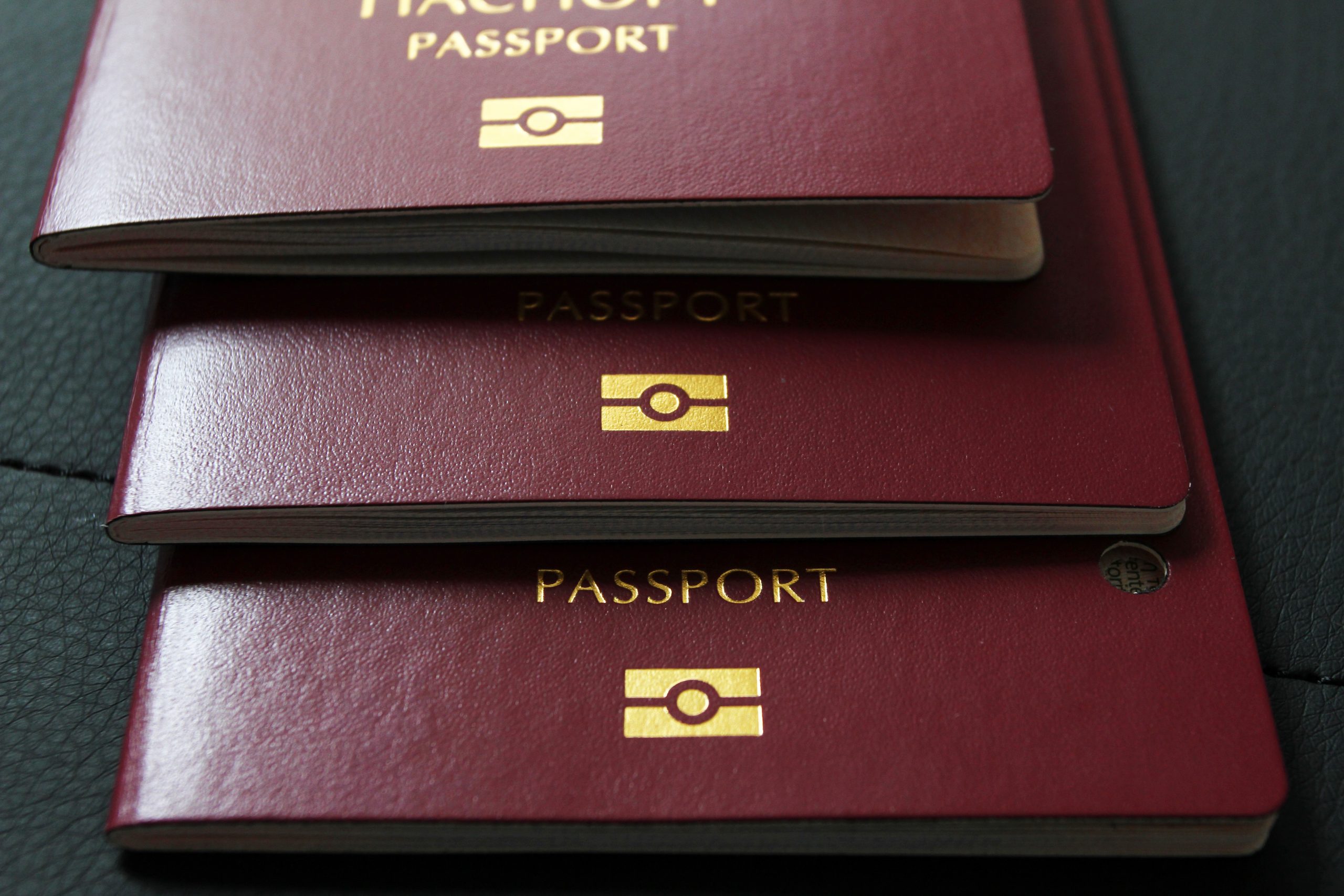
A Buying Guide to Greece
If you’ve found a beautiful property to buy in Greece, the buying process itself is a well-trodden path. With good legal advice, it shouldn’t hold any surprises.
Firstly, three basic formalities:
— You need to register any funds with the Bank of Greece that you’re bringing into the country to make your purchase and gain their permission to proceed. You may also need to open a Greek bank account, for the funds that you transfer.
— You will need a tax registry number from the Greek tax authorities (“AFM”).
— If you’re a non-EU national, take the precaution of checking that you are allowed to buy your planned property. You are unlikely to get permission if it is located in a sensitive area, such as near a military installation or a national border. On certain Greek islands, you may also need the permission of its local council.
With these obstacles out of the way, the normal buying procedure begins.
Step 1: Find a lawyer and make your offer
Naturally, you need a specialist lawyer with local knowledge to help you navigate the buying process.
This begins with making your offer for the property. If it’s accepted, both parties sign a purchase agreement, which you instruct your lawyer to draw up. This process is overseen by a Public Notary, who is an independent legal official.
With your finance in place, your lawyer carries out checks on the title deeds, and makes sure there are no issues attached to the property, such as loans secured on it, or that it is located on an archeologically sensitive site.
Step 2: Complete
When the final contract meets everyone’s satisfaction, it is then signed by you (or your appointed legal representative) and the vendor, in front of the notary.
The notary will need to see:
— All official documents relating to the sale
— Your valid passport, AFM tax number, and any special permission to purchase (if applicable)
— Proof that the seller has complied with all required conditions
— Evidence that the transfer tax (similar to stamp duty) has been paid
— That all other fees, taxes and charges are settled.
Costs
You will need to budget for various taxes, charges and fees – typically, up to 8-9% of the purchase price. As the buyer, you pay:
— Transfer Tax at a flat rate of 3%
— Land registry costs of approximately 0.475% (+ VAT @ 23%)
— Notary fees of 1% on the first €120,000 of value, and on a decreasing scale to 0.65% on a value of €380,000 – €2 million (+ VAT)
— Your own lawyer’s fees are by arrangement (subject to a minimum laid down by law), and may typically range from 1% on a property value of up to €44,020, and then on a decreasing scale to 0.4% on a value above €1,467,351
— The buyer’s share of the estate agent’s fee at between 1-2.5%. This is often already included in the overall asking price, so do check first.
Please note: This article reflects general understanding of property legislation in Greece. It is offered for general guidance only; specialist legal and tax advice should always be taken for any property transaction.





